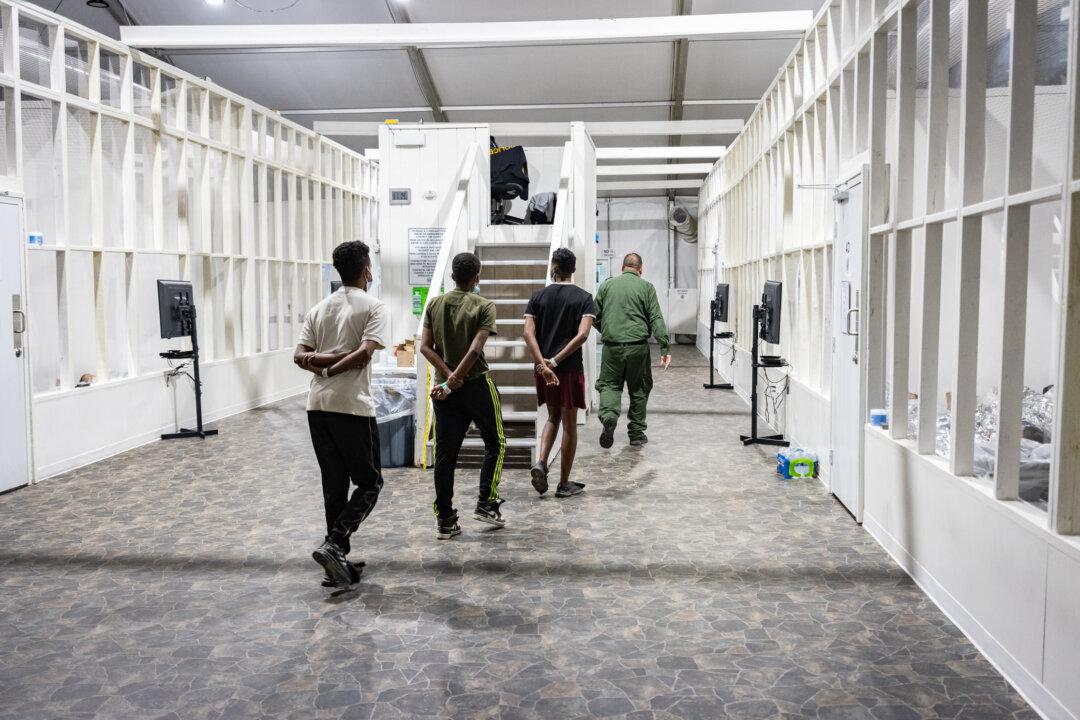The Trump administration has ended temporary immigration parole and revoked federal benefits for thousands of foreign nationals flagged as national security risks, part of a broader effort to roll back immigration programs implemented under the Biden administration.
According to White House officials, more than 6,300 individuals who were paroled into the United States during or after 2023 were identified as having criminal records or were listed in the FBI’s Terrorist Screening Database. Their parole was terminated as of April 8.





